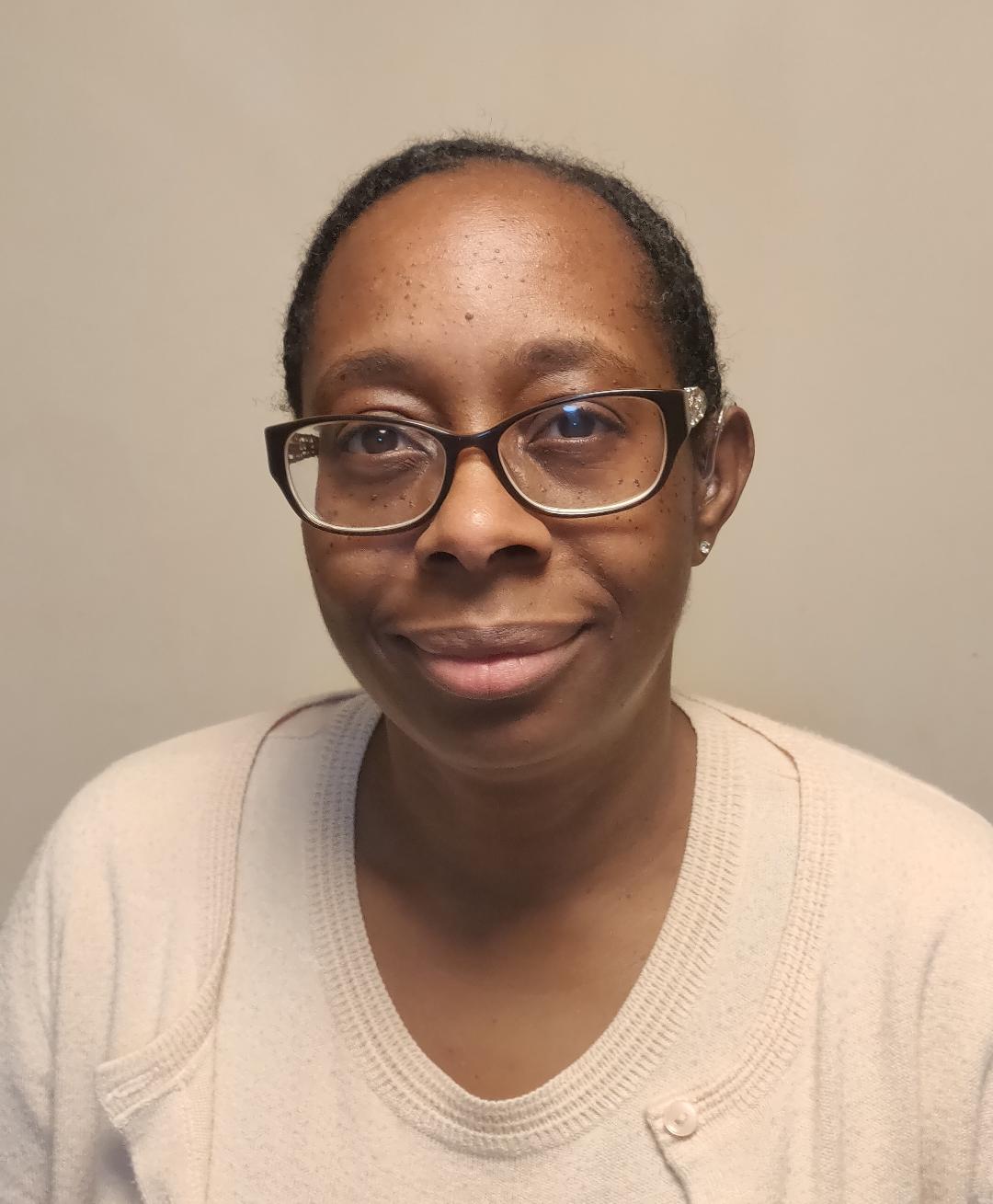Over the last year, and especially during this pandemic, we have seen various mental health campaigns educating us on the need for empathy and support for those who are struggling with mental health issues. There are people, young and old, who have managed their day-to-day business with seemingly no trouble at all.
And yet they are troubled. Troubled with unresolved issues unspoken hurts, disappointments, and trauma.
The uncertainty of life caused by the coronavirus has shaken these issues to the surface, manifesting itself in various ways. Some are unravelling mentally, some are seeking solace in alcohol or acting out in violence to oneself or others.
The unspoken - whether this is abuse, hurts or trauma - leaves a person with what I describe as an 'invisible chain'. An invisible chain, rattling just beneath the surface in their mind and body. Each link in the chain can represent unresolved shame, guilt, loneliness, sadness, numbness, hopelessness grief or pain.
Left unchallenged or worked through the invisible chain will either start to rattle louder or the person gets pulled back to the past and is re-triggered in the present-day.
As an adult you have come along way, and have learnt to live with the rattling's and pulls of the different links in the chain which enables you to be in control until something happens and now you are insecure, confused, and trying to cope with lots of strong emotions.
Perhaps these strong emotions have left you feeling fragile, vulnerable, and maybe exposed.
What can you do?
The first thing you need to do is assess how safe you feel within yourself and your environment. If you are concerned for your mental wellbeing, contact your GP or the emergency services.
If the criteria above, do not apply to you then you can look at reaching out for help.
Where to go and who to talk to?
Counselling is a safe and confidential setting for you to explore those unspoken, taboo thoughts and feelings.
Counsellors are trained to hear the unspoken, to sit with you, and listen to you from a non-judgmental viewpoint. Counsellors are compassionate towards your experiences and what you are going through at this very moment.
If this is you, don't struggle alone, reach out because you deserve to be heard.
What to look for?
Choose someone who you feel you will be comfortable talking to and has trained to work with your issues. Check the various bodies in which many counsellors are registered with, this will display their qualifications and experiences.
It can be difficult making that first phone call, but we are here for you.
Dawn Ojo is a verified welldoing.org counsellor in Surrey and online

